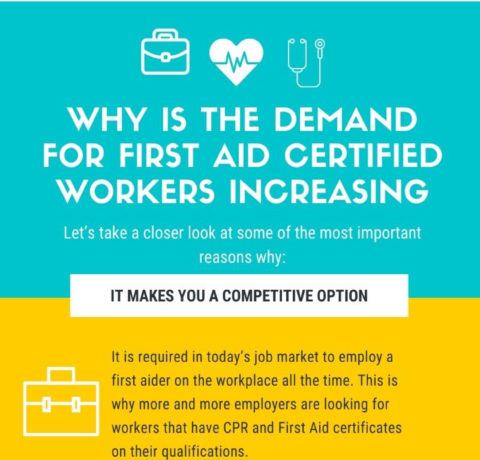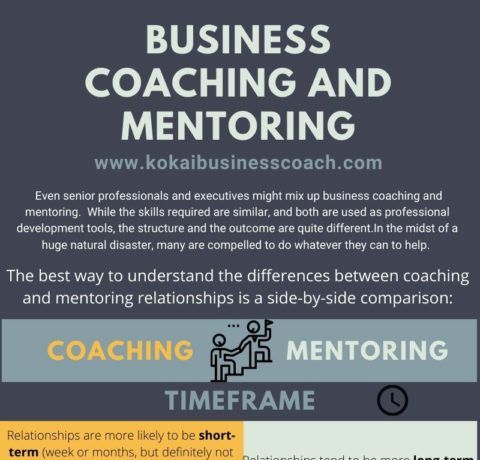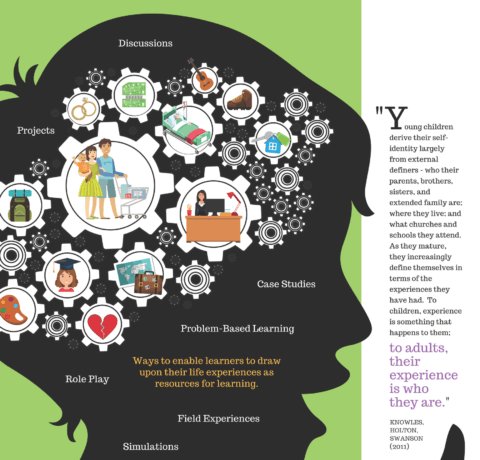Adult Life and Learning Infographic
There is no such thing as a typical college student anymore. Students of every age are taking advantage of the multitude of continuing education options available to them.The Adult Life and Learning Infographic analyses how students have embraced this evolution of further education, as well as exploring other important considerations, such as the financial undertaking involved when returning to college and how that can be mitigated through scholarships and tax breaks.
Adult Life and Learning: Adult Students - A New Normal
As an adult returning back to college, responsibilities like work, community obligations, marriage and children can be overwhelming and make you think twice about continuing your education. Here is how and why getting a college degree or certification has become easier and more beneficial than ever before.
Who are the Adult Learners?
Adult students are also known as re-entry or non-traditional students. They are adults between the ages of 25-69 in higher education.
Why go back?
As the job market expands with growing businesses, the employment market demands more experience and knowledge. Re-entry/non-traditionaI/adult students go back to school to:
- change careers
- update professional credentials
- learn new software, technology, applications and management skills/programs
- higher income
Statistics
- Enrolment of students 25 and over rose 41% from 2001 – 2011.
- From 2011 to 2021, National Center for Education Statistics (NCFS) projects a rise of 14% in enrolments of of students 25 and over.
- Currently, 38% of those enrolled in higher education are over the age of 25.
Online Learning
Between the years of 2002 and 2012, the number of online students has increased by 443%.
Benefits of Online Learning
- More comfortable learning environment: avoid commuting, go to class without leaving home, ideal for busy moms
- Majority of the programs are accelerated: 8 weeks rather than 16
- Online communities that are course specific: blogs, tweets, podcasts, webcasts, online chats, discussion boards
Statistics
- Average age of online students is 36.
- Women make up 60% of online students.
- Accreditation is very important. Make sure your degree is considered valid by looking for online schools whose accreditation is recognized by the US. Department of Education or the Council for Higher Accreditation.
- Twenty years ago only 5 online degrees were available. Today there are more than 12,000.
Scholarships and Financial Aid
If you think that the cost of returning back to school can become a burden, do not fret- there are options available to help you afford your education!
- Scholarships specifically aimed at adult students
- Free Application for Federal Student Aid (FAFSA)
- Sure it's lengthy, but there are no age limits and you can do it online
3. Tax Credits
- The American Opportunity Tax lets you claim up to $2,500/year
- Lifetime Learning Credit up to $2,000/year
- College expenses – tax deductible: $4,000 in tuition costs and $2,500 in student loan interests
Communities: Support and Frequently Asked Questions (FAQ)
There are various communities, online and at colleges/universities to help you with any questions you have. Some include:
1. Adult student services
- information on refresher courses to update your skills
- transition programs to help you ease back into academia
2. Young Men’s Christian Association (YMCA),
- community centers, nonprofit organizations
- free child care
- other special services for adult students
3. Community college student resources
Age is no longer an obstacle when it comes to higher education. Get the training you need to take the next step in life!







You can adjust your cookie preferences here.